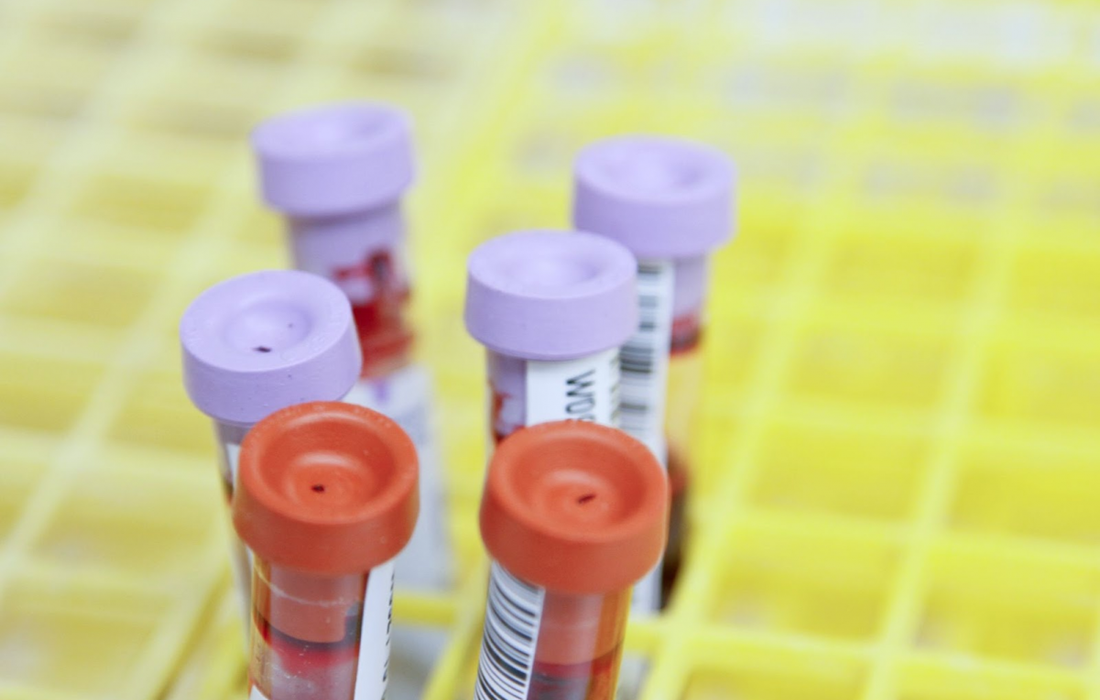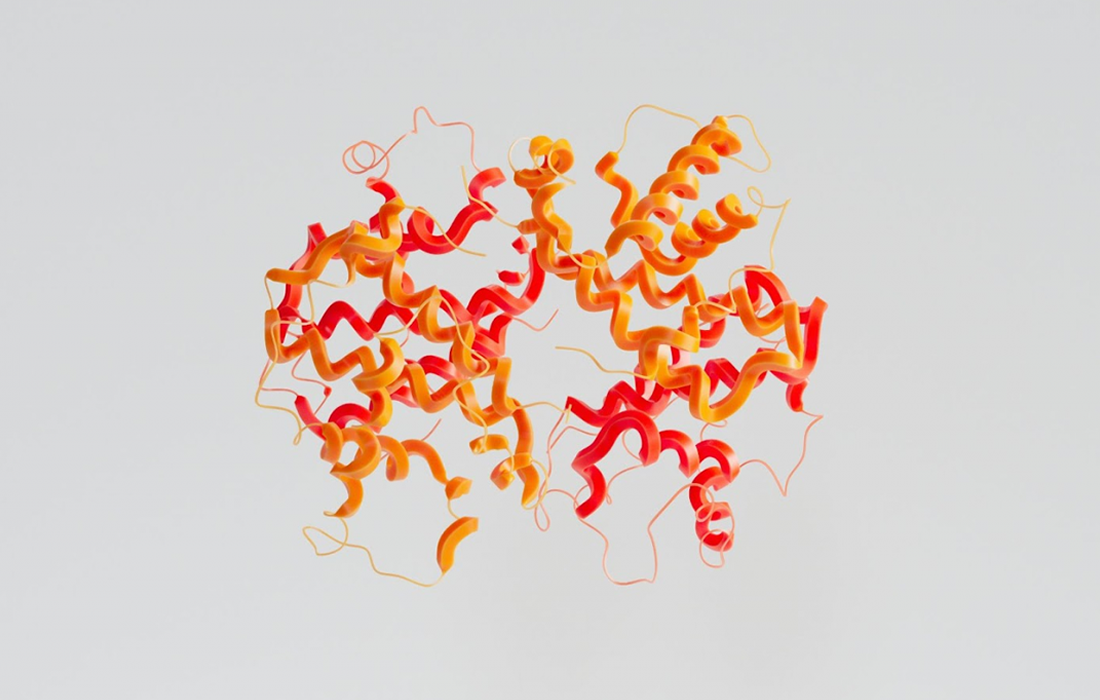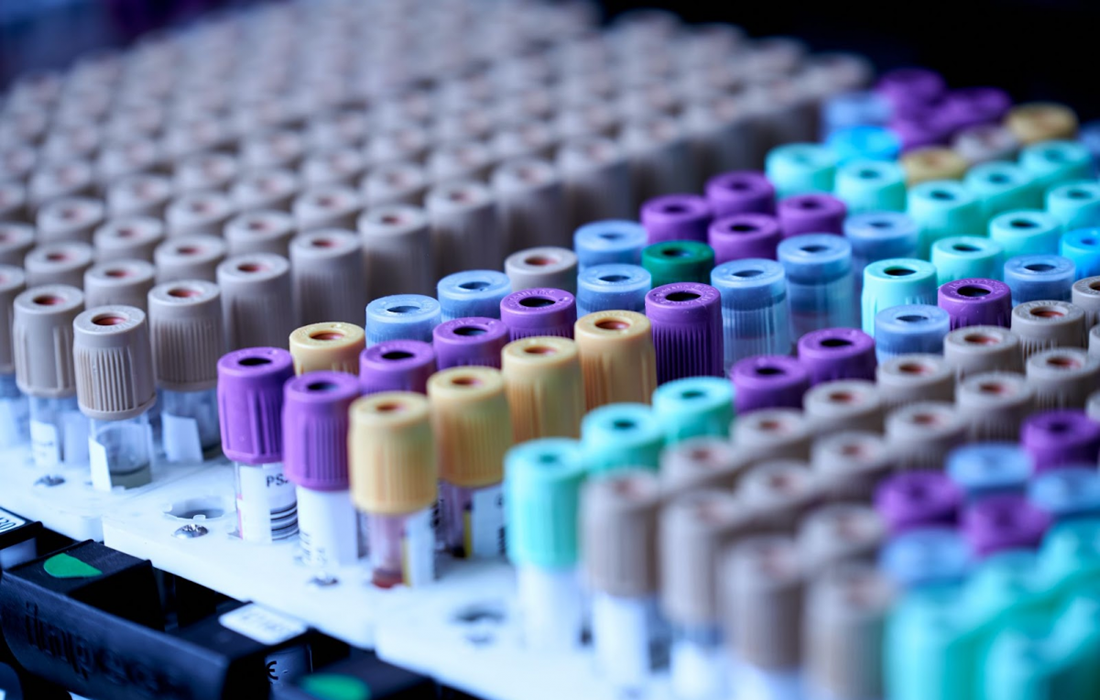Heparin has long been used as a blood thinner, or anticoagulant, for patients with blood clotting disorders or after surgery to prevent complications. But the medication remains difficult to dose correctly, potentially leading to overdosing or underdosing. A team of Penn State researchers combined heparin with a protein fragment, peptide, to slow down the release […]
Monthly Archives: May 2023
In virtually all persons with amyotrophic lateral sclerosis (ALS), a protein called TDP-43 is lost from its normal location in the nucleus of the cell. This triggers the loss of stathmin-2, a protein crucial to regeneration of neurons and the maintenance of their connections to muscle fibers, essential to contraction and movement. In the study […]
Neuropathic pain — abnormal hypersensitivity to stimuli — is associated with impaired quality of life and is often poorly managed. In a paper published in the journal Neuron, researchers report that a mechanism involving the enzyme Tiam1 in dorsal horn excitatory neurons of the spinal cord both initiates and maintains neuropathic pain. Moreover, they show […]
Bacteria naturally adapt to various environmental stimuli and as they mutate, these changes can make them resistant to drugs that would kill or slow their growth. In a recent article published in PLoS Genetics, UCF College of Medicine microbiologist Dr. Salvador Almagro-Moreno uncovers the evolutionary origins of antimicrobial resistance (AMR) in bacteria. His studies on […]
The behavioral disorders observed in autism are associated with a multitude of genetic alterations. Scientists from the Hector Institute for Translational Brain Research (HITBR) have now found another molecular cause for this condition. The transcription factor MYT1L normally protects the molecular identity of nerve cells. Disorders from the autism spectrum (ASD, autism spectrum disorders) are […]
Researchers from Indiana University School of Medicine have successfully developed a blood test for anxiety. The test examines biomarkers that can help them objectively determine someone’s risk for developing anxiety, the severity of their current anxiety and which therapies would likely treat their anxiety the best. “Many people are suffering from anxiety, which can be […]
Led by researchers from NYU Grossman School of Medicine and University of Szeged in Hungary, a new study in mice and rats found that restoring certain signals in a brain region that processes smells countered depression. Publishing in the journal Neuron online May 9, the study results revolve around nerve cells (neurons), which “fire” — […]
New research from Boston Medical Center, published in iScience, suggests that concomitant tuberculosis disease has a significant impact on HIV immune responses and the viruses circulating in people living with HIV. Tuberculosis infects more than 2 billion people in the world, and although tuberculosis is the most common co-infection in people living with HIV, previous […]
Even mild concussion can cause long-lasting effects to the brain, according to researchers at the University of Cambridge. Using data from a Europe-wide study, the team has shown that for almost a half of all people who receive a knock to the head, there are changes in how regions of the brain communicate with each […]
Scientists at University of California San Diego have discovered a property of T cells that could inspire new anti-tumor therapeutics. Through a previously undescribed form of cell auto-signaling, T cells were shown to activate themselves in peripheral tissues, fueling their ability to attack tumors. The study was published May 8, 2023 in Immunity. T cells […]










